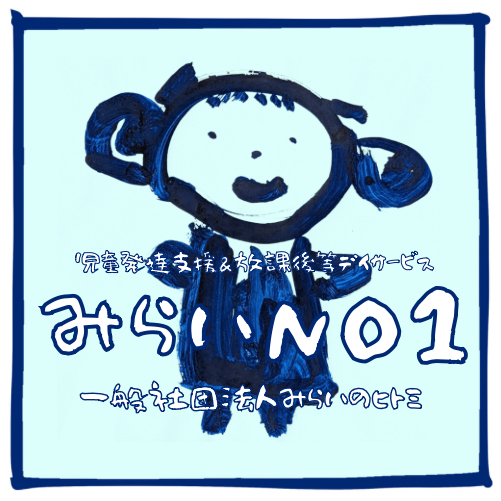And therefore there are lots of grounds for Dating.com chatterom seeing pakeha due to the fact a social class one to blend a feeling of operating-classification egalitarianism with good materialist bourgeois individualism and that disdains political and you may public ties of solidarity vital that you antique working class groups: put simply, an excellent staff, without having leading edge prospective. It seems that Kiwi egalitarianism isn’t a whole lot a beneficial manner of organising dissent since repressing it.
It motif regarding egalitarianism due to the fact uniformity as opposed to equality remains important now: “When you find yourself Kiwis want all their friends to be equal, we are together with uncomfortable which have variations” (Campbell Real time). In turn, uncertainty out of “superiority”, often called the “high poppy problem”, may indicate an effective conflicted attitude on expert. Typically, the united kingdom symbolised power: “Consider the sneers you will find on the cut sincere message of English … we could just remain it when he talks so you can united states off a deck … We sneer during the English customs, yet , out of every going to Englishman i direct terms off praise and try upset when the the guy criticizes all of us” (Pearson 1952, 205-6). Pearson means that pakeha dislike top of the-class pretensions of your own English, and also put off on it once the power data. This suggests a functional-group “ressentiment” (since the Nietzsche do identity they) that confirms new slave morality of one’s complainant. not, it identifies The fresh Zealand’s historic status since a good British nest.
The newest male body’s not available “to-be-looked-at” in the same manner because the feminine, from the likelihood of stimulating or becoming the thing of men homosexual appeal (Easthope, 121)
Brand new “people by yourself” commentary epitomises each one of these issues about power. Already mentioned over with regards to regional books, the guy alone resurfaced as a central profile into the 70s and you will early 80s This new Zealand videos like Sleep Dogs, Past Reasonable Doubt, Goodbye Pork Cake, Bad Bloodstream and you will Break Palace. Such videos tell the latest western a fear of pioneering dudes – in place of brand new classic west, not, he is usually pessimistic or tragic – part of the profile dies or is taken off people. The latest Kiwi bloke was depicted once the anti-brave. His different rebellion during these films: “supposed plant”, running away, sipping and supposed annoyed depict zero long-term risk otherwise sum so you can society, as they are individualistic – masculine cumulative step, known which have mateship, was restricted so you can recreation and real labor. There is no experience that the “man alone” will be a character, and save their area, as with the new western.
Expert, in the west, lives on the champion – because the John Wayne claims: “I am regulations” (Easthope 20; Wright). But in This new Zealand motion picture, a portion of the reputation was “while on the move” (this might including interact with the latest dictate from roadway videos and you will men anti-heroes out-of 1960s United states well-known community. It stored an alternative resonance to possess pakeha). This frame of mind try in keeping with pakeha The newest Zealand’s colonial history – “authority” is in other places. The guy by yourself trope demonstrates the fresh new ambivalence of a central masculine mythology into the pakeha society – the fresh “bloke” not merely symbolises neighborhood; he’s as well as a destined outsider in the an international tradition of modernist alienation, an area of continuity between pakeha male iconography and you can social worry about-doubt (Baxter, 70-72). Without their “mates” in order to mirror him, he’s an empty cipher.
Kinship
Men homosociality is translated when it comes to Levi– Strauss’s concept of kinship, because a great triangular (oedipal) structure in which male–male connection is actually valorised so long as it is mediated compliment of an authorized, archetypally a woman, also a goal-established firm otherwise common craft, instance football (Rubin, 169–182; Sedgwick). It hinders the chance that the dudes you’ll desire one another and you may delivers appeal down so much more socially “useful” streams (Segal, 159; Easthope, 15). Kinship is based inside the men gaze – men see and you may objectify female (Mulvey). A robust male iconography resists analysis – “exactly what are your thinking about?” – because feel it is profoundly ideological. New organization of such gender discourses to your “national” hence discourages too intimate a study of its construction in this a good big system out-of authority. Alternatively they presents federal term because the self-made and autonomous. Representations out-of “tough” maleness can also mode on their own because a defence up against fear of label – because it is hazardous to help you question them. This defensiveness coincides with ideologies of male performing-group regulators since difficult and impenetrable, allied having psychological reticence, laconicism, repression – dudes “whom keep it all inside”.
